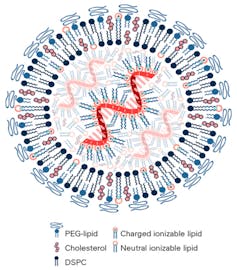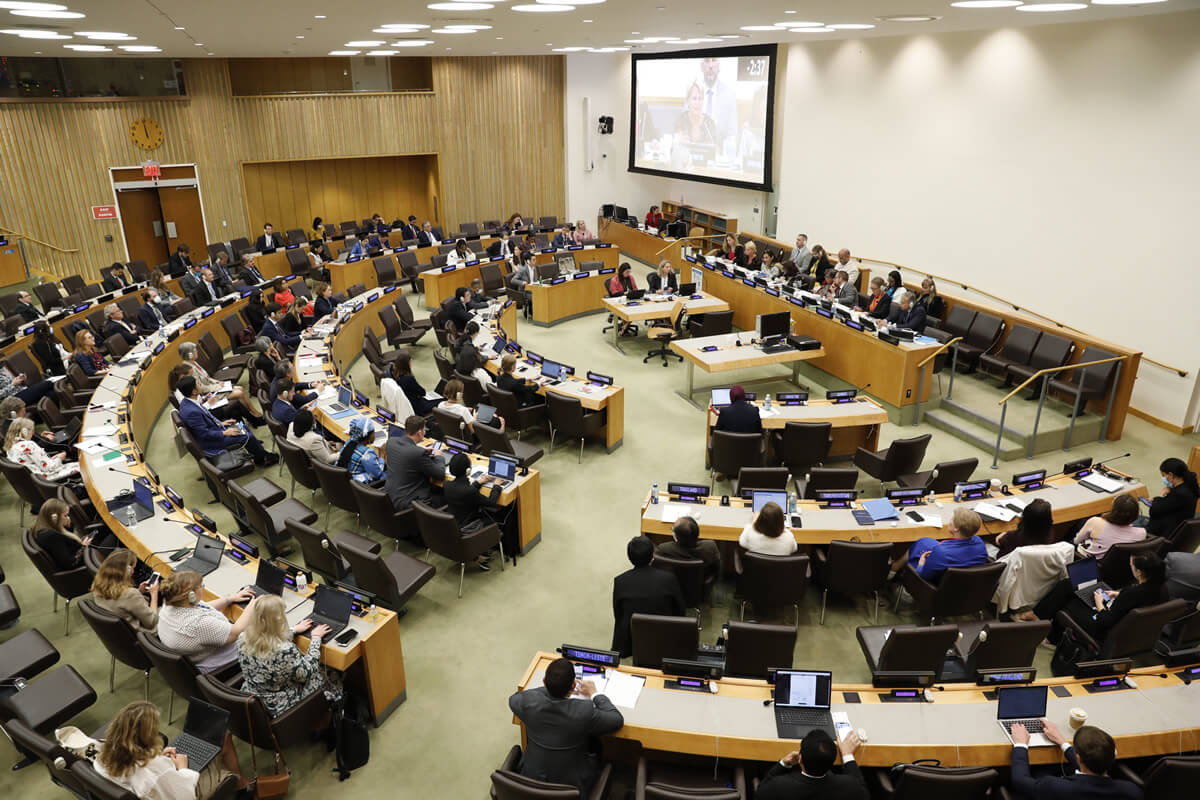Most of us like to think there are hard and fast rules about morality. Certain actions are obviously wrong, we argue. But consider the following scenario: A criminal holds a gun to a man’s head and says that the man must kill his neighbor or be killed himself. Under threat, the man goes ahead and kills his neighbor. Should he be held responsible for what he did, considering that he had no choice? What if he were willing to do it? What if he enjoyed doing it?
“The classic excuse is that he couldn’t have done otherwise, so he’s not culpable. But that doesn’t work in this situation,” says John M. Doris, Applied Economics and Management/Philosophy. “It doesn’t matter that he was forced to kill his neighbor. People will still hold him to blame if he was enthused or identified with what he did. The moral judgment comes apart from the causal judgment. It tracks the attitude, not the causation.”
Findings like this one intrigue Doris. Trained in philosophy, he is one of the founders of moral psychology, a new interdisciplinary field that explores the psychological determinants of moral judgment and behavior. Moral psychology brings together philosophy, psychology, and fields from across the sciences and humanities in an attempt to identify the deepest workings of human nature.
Read the full story on the College of Arts & Sciences website.








